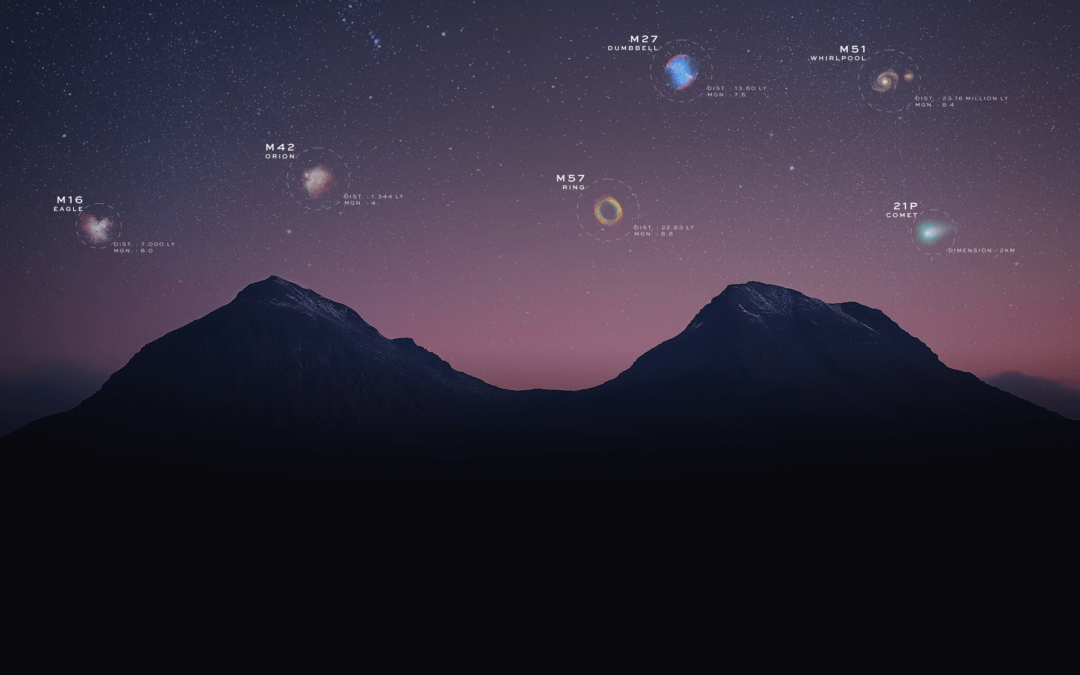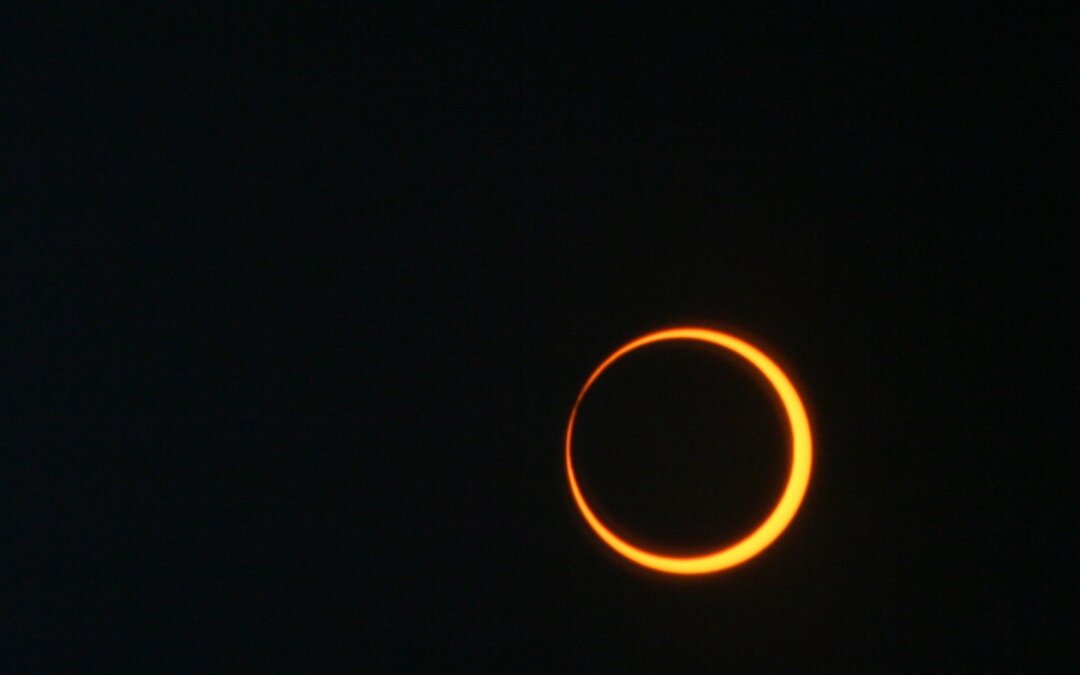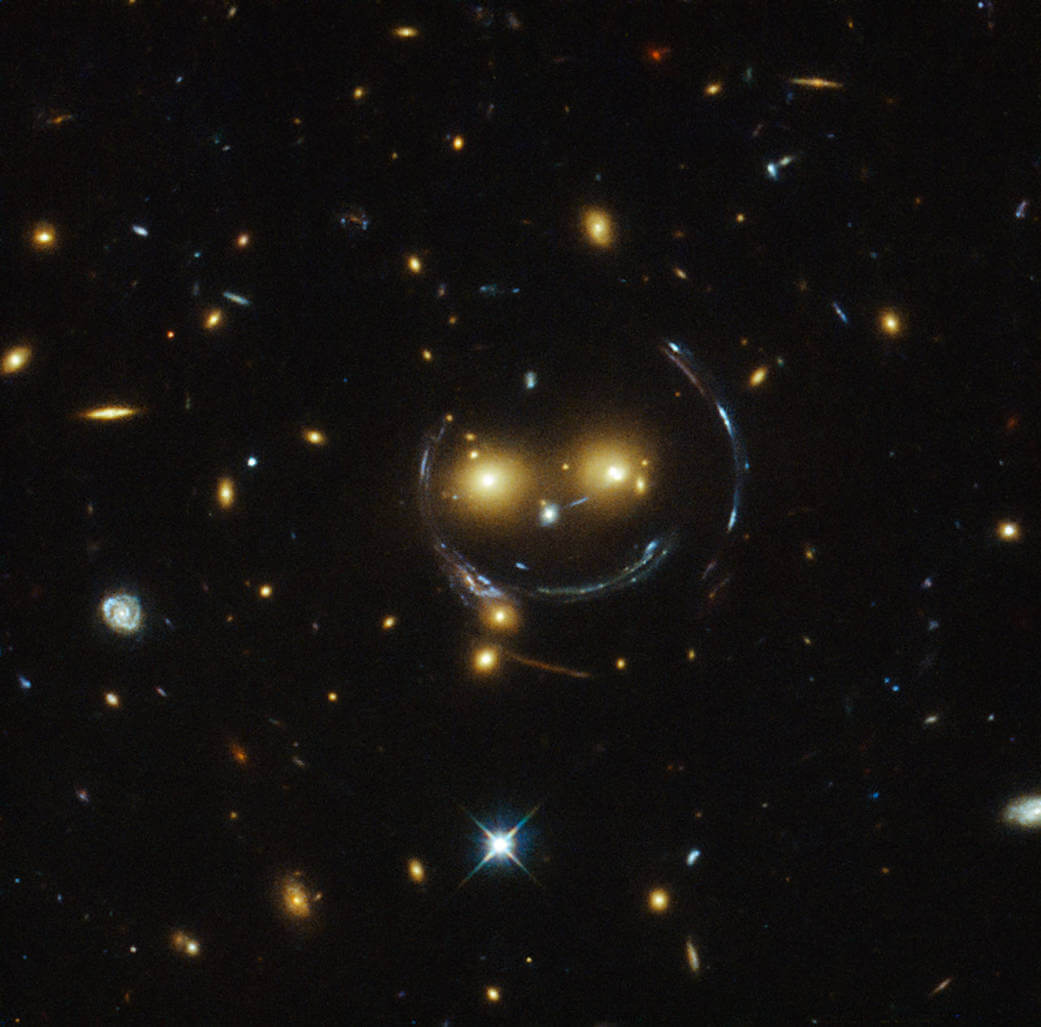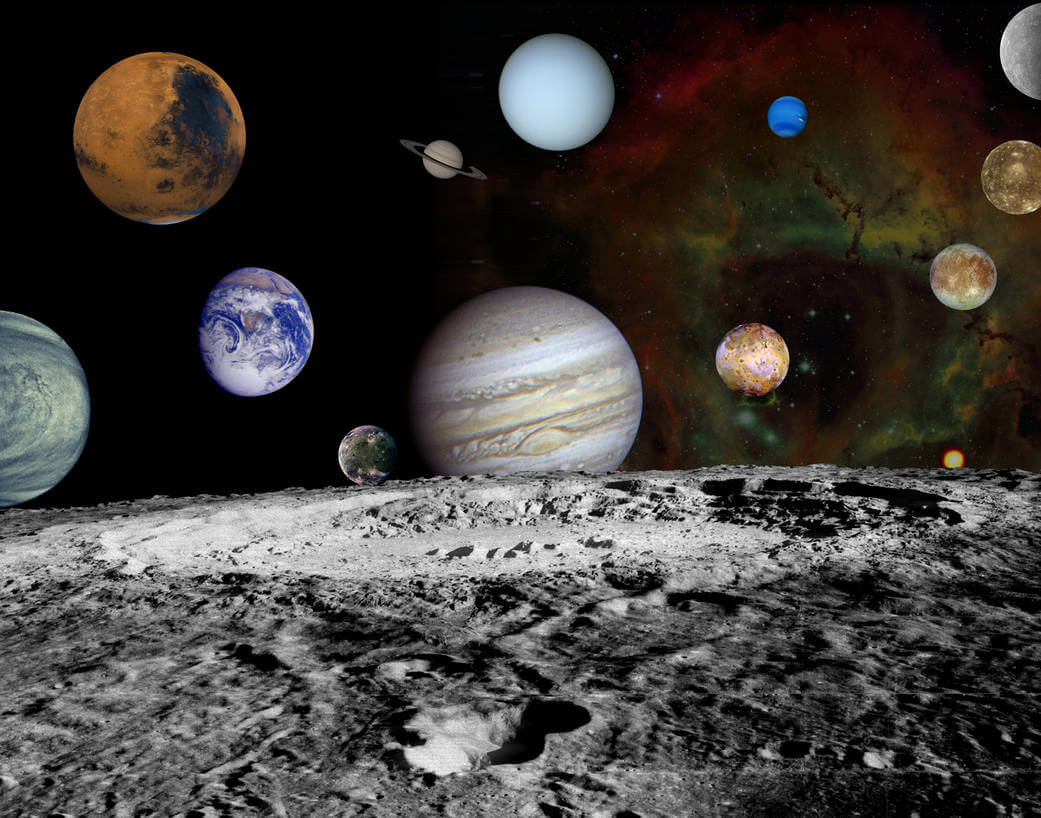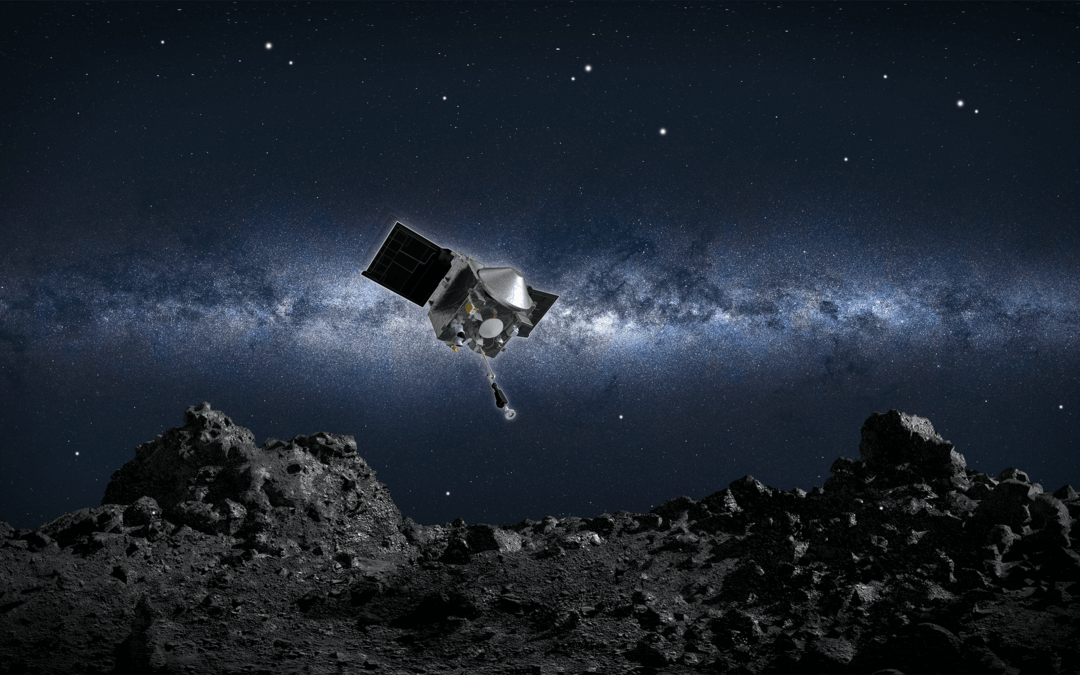A Year in Citizen Science: Observers Break Record Watching JWST
Read the 2nd Blog in this Series
A Year in Citizen Science: Planetary Defense Rocks 2022
Read the 3rd Blog in this Series
2022 was an exciting year for exoplanet hunting with the Unistellar Network! Our planet-hunting Citizen Astronomers made nearly 700 observations with their Unistellar Telescopes in 2022, and confirmed the existence of three exoplanets by watching them transit, or pass in front of, their star. Additionally, Unistellar members were recognized as coauthors on scientific papers reporting the results — the gold standard for scientific findings.
It’s just one part of the Unistellar citizen science program, which lets skygazers contribute data on exoplanets, asteroids, comets and more to real scientific campaigns. Powered by the Unistellar app and our smart telescopes, more Citizen Astronomers are joining in around the world!
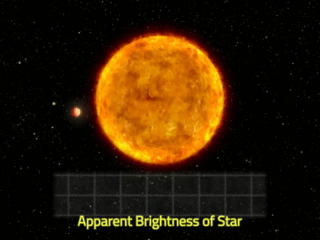
Building on a Record
These amazing achievements come on the heels of a 2021 record set by the Unistellar Network for the longest exoplanet orbital period ever observed via transit from the ground. That record comes thanks to observations of Kepler-167 e, an exoplanet that takes 1,071 days to orbit its star.
The observation campaign for Kepler-167 e stretched for 32 hours in November 2021, and involved 31 Unistellar Citizen Astronomers. Many of those members were also listed as co-authors on a scientific paper published in 2022 describing the transit and orbit of the exoplanet. An achievement like this was only possible because of the worldwide nature of the Unistellar network – even though the transit lasted longer than the starry night in any one place, observers across continents teamed up to observe the transit’s different parts from their location. By working together, they were able to catch the entire transit and break a world record!
Partnering With NASA
To help scientists gather more data on exoplanets, Unistellar has partnered with NASA, whose planet-hunting TESS mission has found thousands of potential exoplanets in far-off solar systems. Many of these newly-discovered worlds are giant planets, which like Kepler-167 e, take so long to orbit their star that their entire transit can’t be caught from one location. And that’s where Citizen Astronomers come in! These skygazers can gather far more data than astronomers can on their own in order to help confirm the existence and orbit of these giant planets.
In 2022, the Unistellar Network conducted five exoplanet observation campaigns under the NASA partnership. The resulting data is currently being included in four research papers to be published in academic journals, featuring Unistellar observers as coauthors.
2022 Exoplanet Observation Highlights
The Unistellar Network confirmed three exoplanets in 2022, and attempted to observe two others.
- The first exoplanet, TOI 1812.01, was tracked over the course of two months by 28 Unistellar Citizen Astronomers. Finally, on August 27, the team successfully caught this exoplanet’s transit, and confirmed its orbit at 112 days.
- The second exoplanet observation also took place in August, and saw 24 Unistellar members track TOI 4465.01 for three consecutive days, gathering almost 230 hours of data. The actual transit, on August 11, confirmed the exoplanet’s orbit at 101 days.
- Finally, the giant exoplanet TOI 2010.01 was observed in September by a team of Unistellar members in the United States and Japan, who caught the ingress, or beginning of the transit.
Two additional exoplanet observation campaigns resulted in nondetections, which still provides useful information to scientists! Unistellar Network members will search for a transit of one of those exoplanets, TIC 139270665.01, this February 17-18, giving the team another chance to see it.
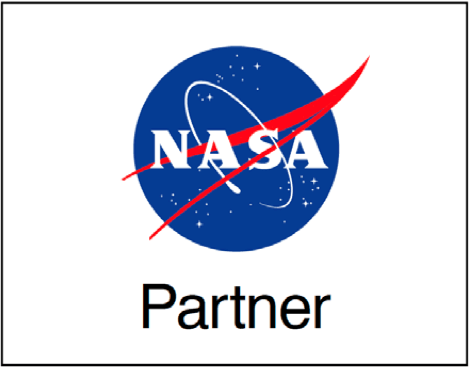
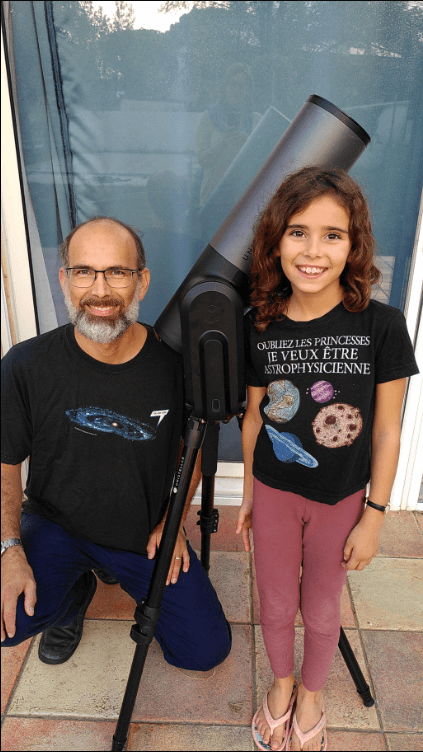
Liouba and Niniane L., who observed several NASA campaign targets from France. Niniane’s shirt says “Forget about princesses, I want to be an astrophysicist.”
More Exoplanet Transit Opportunities Ahead
This past year was an exceptional time for Citizen Science, from academic papers, to partnerships with NASA, to worldwide teamwork. We think that 2023 will be even better! There will be new, exciting NASA-sponsored campaigns in 2023, meaning more chances for Unistellar network members to contribute meaningfully to science. Visit our Exoplanets page and learn how you can join in all the excitement and start planet hunting with your eVscope or eQuinox.
Further readings
3 Reasons to observe this month
Every month, discover three unmissable celestial events to observe with your Unistellar telescope.
Unistellar Community Included In Multiple Scientific Papers
Did you know Unistellar Citizen Astronomers are often cited in published scientific papers? Find out how you can contribute too!
When Is the Next Solar Eclipse, and How to Observe It With a Unistellar Telescope
An annular solar eclipse is visible from the Americas on October 14. Learn how to witness the Ring of Fire with your Unistellar Telescope!
Halloween Observing Guide: Spooky Deep-Sky Objects
These Halloween deep-sky objects will add some light to those dark, spooky nights. Treats, tricks, and telescopes await!
How Big Is the Solar System?
If the Sun were the size of a basketball, do you know how big the Earth would be? Find out how big the Solar System really is!
See OSIRIS-REx, NASA’s First Asteroid Sample Return Mission, as it Drops off Pieces of Asteroid Bennu
NASA's first asteroid return sample mission, OSIRIS-REx, is headed back towards Earth with precious cargo. Join us in observing it Sept. 24!
